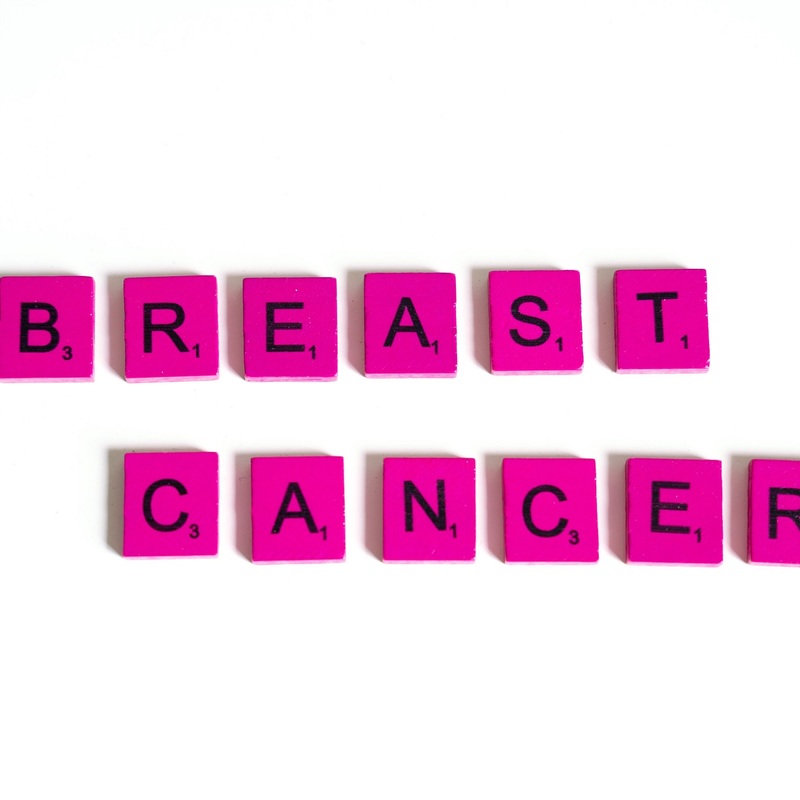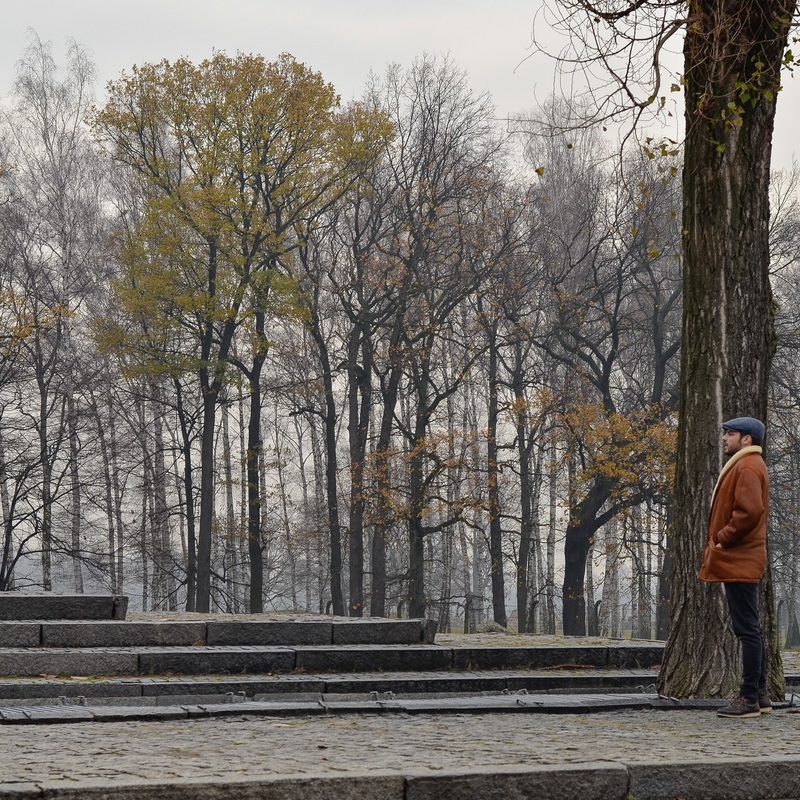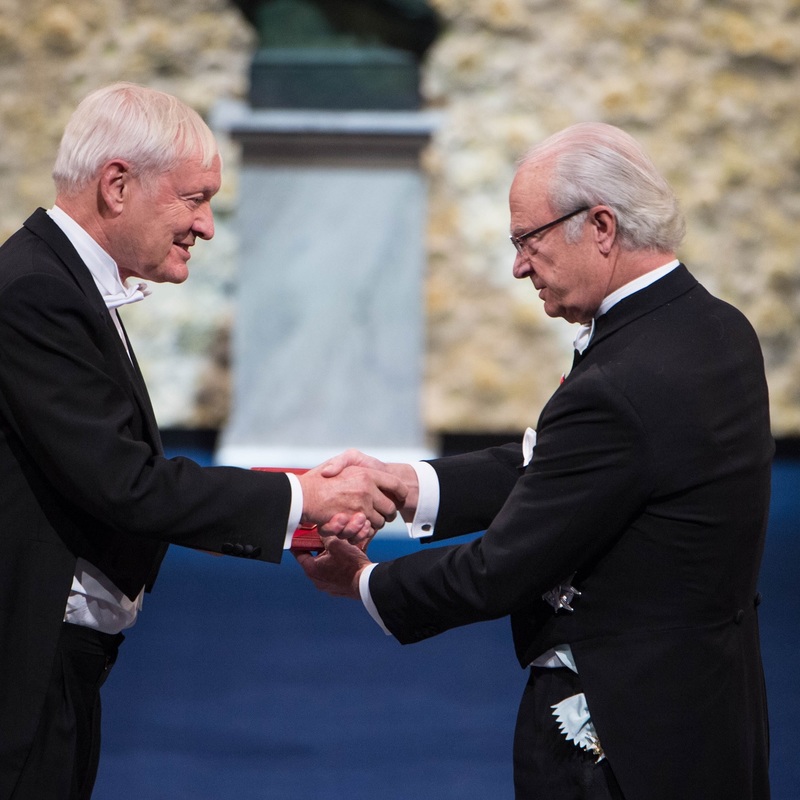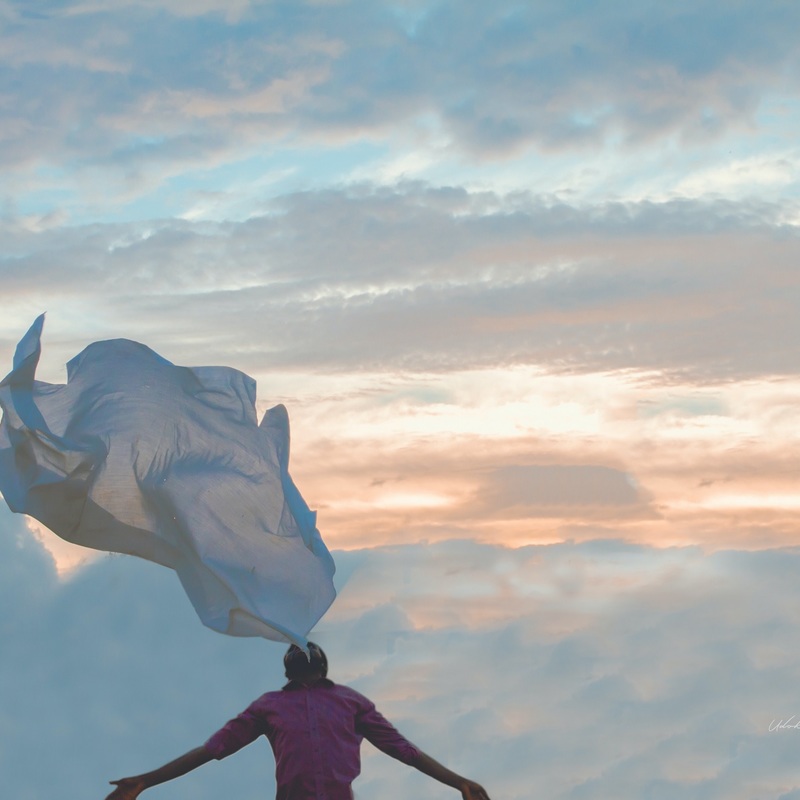Search
Editorial Volume 8, Issue 3
DOI: 10.17160/josha.8.4.776
The current volume features the full range of the Josha Journal. Students write about their experiences during Covid Lockdown, Nobel Laureate Joachim Frank talks about his scientific career. From the numerous further contributions, we like to advise George M. Weisz, “Once more on the Fate of Intellectuals in Nazi Camps”, an impressive report about intellectuals in Auschwitz.
Evaluation of Chloroquine and Hydroxychloroquine Efficacy on Chemotherapy Treatment in triple negative Breast Cancer by continuous live Cell Imaging
DOI: 10.17160/josha.8.3.771
Triple negative breast cancer is heterogeneous type of breast cancer which, due to its high proliferation, aggressiveness, rapid progression and poor prognosis, is still a challenge to treat. These characteristics, together with distant metastasis, make this breast cancer subtype resistant to standard treatment. With the lack of targeted therapy, conventional chemotherapy is still the only established treatment option, where mostly taxanes and anthracyclines are chemotherapy of choice. Therefore, there is a need for investigation and development of new effective therapy regimens with goal to improve clinical therapy outcomes. Recently, it has been reported that autophagy has a protective role in response to anti-tumor treatments in many cancer types, including breast cancer, leading to chemotherapy resistance and has gained significant interest in cancer research.
The Shrink who Shrunk Himself: The Rise and Fall of Ronnie Laing
DOI: 10.17160/josha.8.3.768
In the sixties, RD “Ronnie” Laing was the most famous psychiatrist in the world. He became the leading figure of the British anti-psychiatry movement and a public celebrity. Laing saw existentialism as the explanation for the problem of psychosis, leading to alienation. He was the charismatic spokesman for an era that wanted to hear that psychiatry was the punitive arm of the state and that psychosis was a creative response to the bourgeois family. With a group of like-minded psychiatrists, they set up the experimental Kingsley Hall. The most famous patient was Mary Barnes, who later achieved fame with her painting. The enterprise was chaotic and ended after five years in disarray. The key issue in producing schizophrenia for these psychiatrists was the bourgeois nuclear family, who became something of a hate figure to therapists. Laing steadily unwound, becoming incomprehensible and dissolute in public.
Assessment of primary Health Care Facilities in Kosovo using Space Syntax Analysis
DOI: 10.17160/josha.8.3.764
The design of our built environment affects our health and well-being and can have a long-term implication for quality of life. The quality of architecture and design can play a fundamental role in positively or negatively affecting patients, family members and operators generating feelings and perceptions of safety, comfort, privacy and psychological well-being . Primary health care facilities in Kosovo which recently underwent renovation are comparable to the average of other European countries regarding the size and the structure , but still far from reaching highest standards with regards to well-developed primary care systems in the world.
Water Quality and Safety of Potable Water Wells in Gjakova Region, Kosovo
DOI: 10.17160/josha.8.3.763
At a basic level, everyone needs access to safe water in adequate quantities for drinking, cooking, personal hygiene and sanitation facilities, and it is a fundamental requirement for good health and also a human right. The study is conducted from the University of Gjakova and performed in collaboration with drinking water authority National Institute of Public Health and other local authorities in Kosovo. Water samples were transported from 20 samples to the laboratory at a temperature of (4-50C). The analysis of chemical and microbiological parameters is performed according to international standard methods (ISO methods). Detection of heavy metals in drinking water is performed by ICP-MS according to EPA 6020 A. Results: from 30 physical chemical parameters very high ammonium concentrations (2.6mg/l and higher) are observed in two water well.
Once more on the Fate of Intellectuals in Nazi Camps
DOI: 10.17160/josha.8.3.761
The fate of the intellectuals in Auschwitz has been the topic of numerous previous essays and whether detrimental or alternately, of even minimal benefit has been repeatedly considered, but not decisively resolved. We discuss whether intellectuality could have offered any relief from suffering in L’univers concentrationair? Observations on four survivors of Auschwitz, all with different personalities will be analyzed, reviewing their pre- and post-war lives and searching for any expression of intellectual moments of respite.
My early Werdegang in Science: Reflections of a Nobel Laureate
DOI: 10.17160/josha.8.3.760
In this article by Nobel Prize winner Dr. Joachim Frank he allows deep insights in his "Werdegang of Science" at the speech on May 1, 2021 at the Science Gala of the German International School New York (GISNY). Dr. Michael Teufel, president of the school’s board, invited him to say a few words at the Gala whose purpose was to raise funds for the next step of a visionary program entitled “Campus of the Future.” ©Nobel Media AB 2017, photo: Pi Frisk
Editorial Volume 8, Issue 2
DOI: 10.17160/josha.8.2.757
Dear JOSHA readers, In this bi-monthly issue we present you with a diverse selection of articles. The Journal would like to call your attention to the 2021 Demetrios Prizes, which will be awarded again this year! We would also like to remind you that you can support us with a small donation. http://josha-journal.org/en/donate Visit our social media #joshajournal and get to know us from the Instagram gallery and the Facebook wall. Remember that you can comment on the articles and also provide your star ranking.
Defining Life in African Igbo Cosmology
DOI: 10.17160/josha.8.3.755
A people’s cosmology defines their perception of the universe and their place in it. It explains their thought systems, values, attitudes as well as hierarchy of forces and their relationships. Thus African Igbo Cosmology explains the people’s perception of the universe and their place in it; their values, laws and very importantly their understanding of the purpose of existence. Igbo cosmology recognizes three ontological levels of existence in the universe where the inhabitants of these levels interact in some unique ways to give meaning to human existence. This cosmology also recognizes some elements of human existence which include life, offspring, truth, justice, wealth, love and peace as great values. But among all this values, ‘life’ stands tall as the greatest and most cherished value among the people. Undoubtedly, life is cherished in all human societies, but the value attached to life is not the same in all cultures.
An Ethical Concern on Gender-Based Violence against Women and Girls in Africa during COVID-19 Lockdown
DOI: 10.17160/josha.8.2.754
Activists, journalists and the United Nations (UN) have drawn attention to the rising level of gender-based violence (GBV) against women and girls across the globe during the coronavirus pandemic. It is on this note that we undertake to look critically into the matter with a view of assessing the moral implications of such violence, with special attention to African nations. Adopting Kantian moral philosophy, which emphasizes that we should not treat human being as a means to an end but as an end itself, the paper condemns the actions of the culprits, and government responses both to the pandemic and reported cases of gender-based violence, without adequate attention to the plight of female folk. The paper also makes various recommendations and suggestions on how to handle such pandemic without keeping women and girls vulnerable to sexual based violence.









